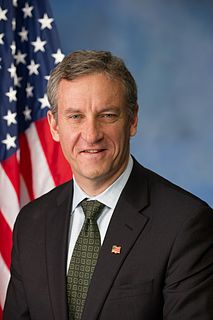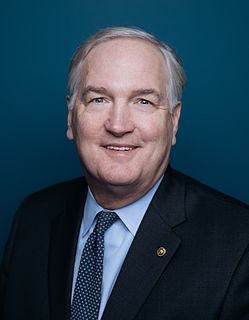A Quote by Matt Cartwright
The bottom line is that weather events not only threaten private property and family budgets, but they also can decimate public resources and government coffers.
Related Quotes
Pollution and overuse of resources stem directly from the failure of government to defend private property. If property rights were to be defended adequately, we would find that here, as in other areas of our economy and society, private enterprise and modern technology would come not as a curse to mankind but as its salvation.
The difference between [socialism and fascism] is superficial and purely formal, but it is significant psychologically: it brings the authoritarian nature of a planned economy crudely into the open. The main characteristic of socialism (and of communism) is public ownership of the means of production, and, therefore, the abolition of private property. The right to property is the right of use and disposal. Under fascism, men retain the semblance or pretense of private property, but the government holds total power over its use and disposal.
What I do know is, in little more than 30 years, we have gone from a nation where the “quiet enjoyment” of one’s private property was a sacred right, to a day when the so-called property “owner” faces a hovering hoard of taxmen and regulators threatening to lien, foreclose, and “go to auction” at the first sign of private defiance of their collective will ... a relationship between government and private property rights which my dictionary defines as “fascism.”
A triumphalist corporate capitalism, free at last of the specter of Communism, has mobilized its economic power to relentlessly marginalize all nonmarket values; to subordinate every aspect of American life to corporate "efficiency" and the bottom line; to demonize not only government but the very idea of public service and public goods.
Public virtue cannot exist in a nation without private, and public virtue is the only foundation of republics. There must be a positive passion for the public good, the public interest, honour, power and glory, established in the minds of the people, or there can be no republican government, nor any real liberty: and this public passion must be superiour to all private passions.

































